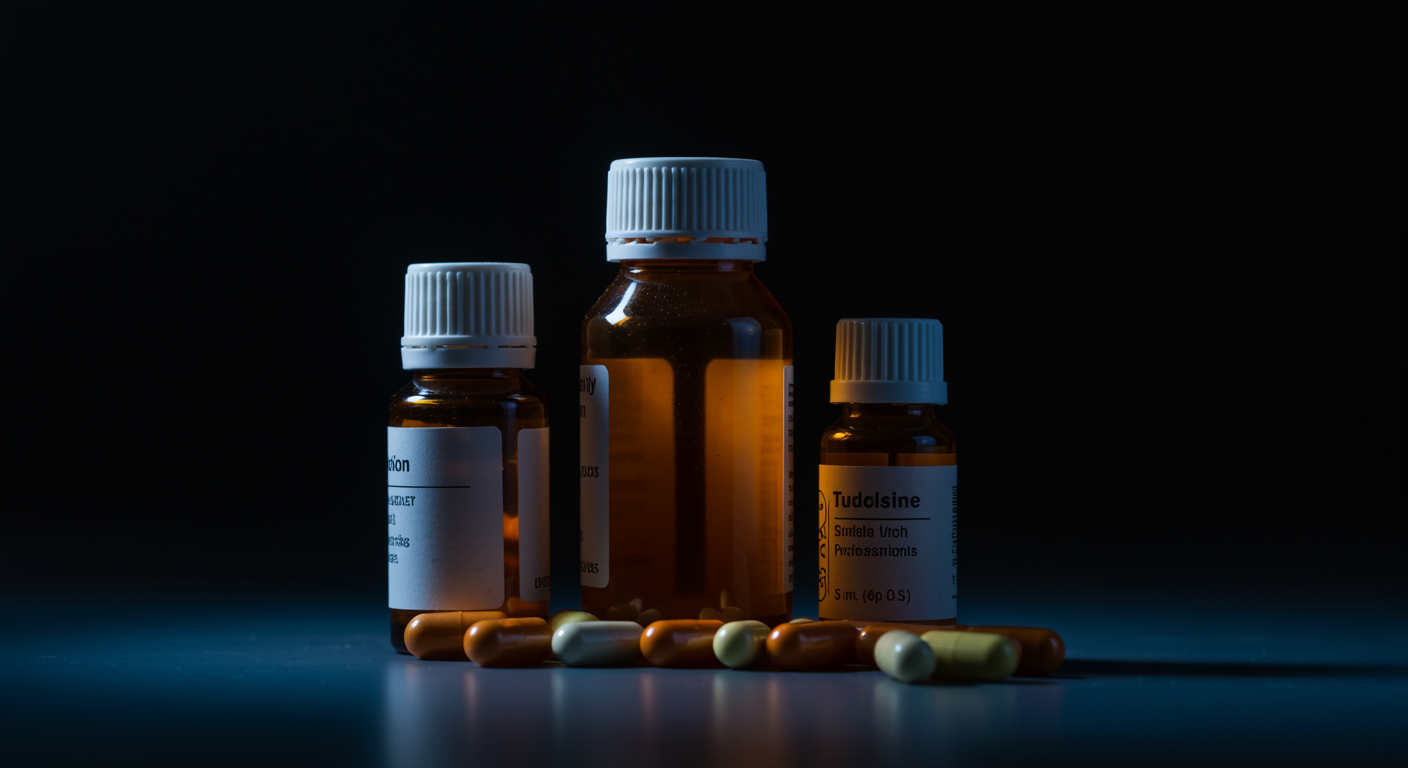Can Hormones Treat Depression Better Than Antidepressants?
For menopausal depression, the answer is often yes. Research shows that estrogen therapy can be more effective than traditional antidepressants for treating depression that develops during perimenopause and menopause. Estrogen works by directly addressing the hormonal root cause rather than just managing symptoms, often providing faster and more comprehensive relief.
Dr. Kumar’s Take
This research challenges the standard psychiatric approach of automatically prescribing antidepressants for menopausal women. When depression is hormonally driven, treating the underlying cause with estrogen makes more biological sense than trying to override hormonal effects with psychiatric medications. Many women have struggled for years on multiple antidepressants when what they really needed was hormone replacement. This represents a fundamental shift toward treating the cause rather than just the symptoms.
What the Research Shows
Studies demonstrate that estrogen therapy produces response rates of 60-80% for menopausal depression, compared to 40-60% for traditional antidepressants. Estrogen works faster, often showing benefits within 2-4 weeks compared to 6-8 weeks for antidepressants. The combination of estrogen with progesterone can be even more effective, as progesterone’s metabolite allopregnanolone has direct anti-anxiety and mood-stabilizing effects. Women with concurrent menopausal symptoms see the greatest benefits from hormonal approaches.
How This Works (Biological Rationale)
Estrogen functions as a natural antidepressant by increasing serotonin synthesis, enhancing serotonin receptor sensitivity, and reducing serotonin reuptake. It also modulates GABA, dopamine, and norepinephrine systems. Unlike antidepressants that artificially manipulate neurotransmitters, estrogen restores the hormonal environment necessary for normal neurotransmitter function. Progesterone adds anti-anxiety effects through its conversion to allopregnanolone, which acts on GABA receptors to promote calm and improve sleep.
Practical Takeaways
- Consider hormone therapy as first-line treatment for depression that develops during perimenopause or menopause
- Understand that estrogen may work faster and more effectively than antidepressants for hormonally-driven depression
- Recognize that combination estrogen-progesterone therapy may provide superior mood benefits compared to estrogen alone
- Know that women with concurrent menopausal symptoms are most likely to benefit from hormonal approaches
- Seek providers who understand the difference between hormonally-driven and circumstantial depression
- Consider that some women may benefit from combining low-dose hormone therapy with antidepressants
What This Means for Perimenopause and Menopause Care
This research validates the importance of addressing root causes rather than just managing symptoms. For women experiencing depression during the menopausal transition, hormone therapy offers a more targeted and often more effective approach than traditional psychiatric medications. This supports comprehensive care that recognizes the interconnected nature of hormonal and mental health during this critical life stage.
Related Studies and Research
Perimenopausal depression: review of recent findings and implications for future research
Episode 31: Depression Explained — The Biology Behind the Darkness
Episode 32: Depression Recovery Roadmap: A Step-by-Step, Evidence-Based Plan
Episode 27: Perimenopause, Menopause, and HRT - What Every Woman Should Know
FAQs
Should I try hormone therapy instead of antidepressants for menopausal depression?
If your depression coincides with other menopausal symptoms and developed during perimenopause, hormone therapy may be more effective. Discuss with a provider who understands hormonal influences on mood.
Can I combine hormone therapy with antidepressants?
Yes, some women benefit from combination therapy, particularly if they have a history of depression predating menopause or if hormone therapy alone provides incomplete relief.
How quickly does hormone therapy work for depression?
Many women notice mood improvements within 2-4 weeks of starting hormone therapy, which is faster than the typical 6-8 week response time for antidepressants.
Bottom Line
For depression that develops during perimenopause or menopause, hormone therapy often provides more effective and faster relief than traditional antidepressants by addressing the underlying hormonal cause. This represents a paradigm shift toward treating root causes rather than just managing symptoms.


